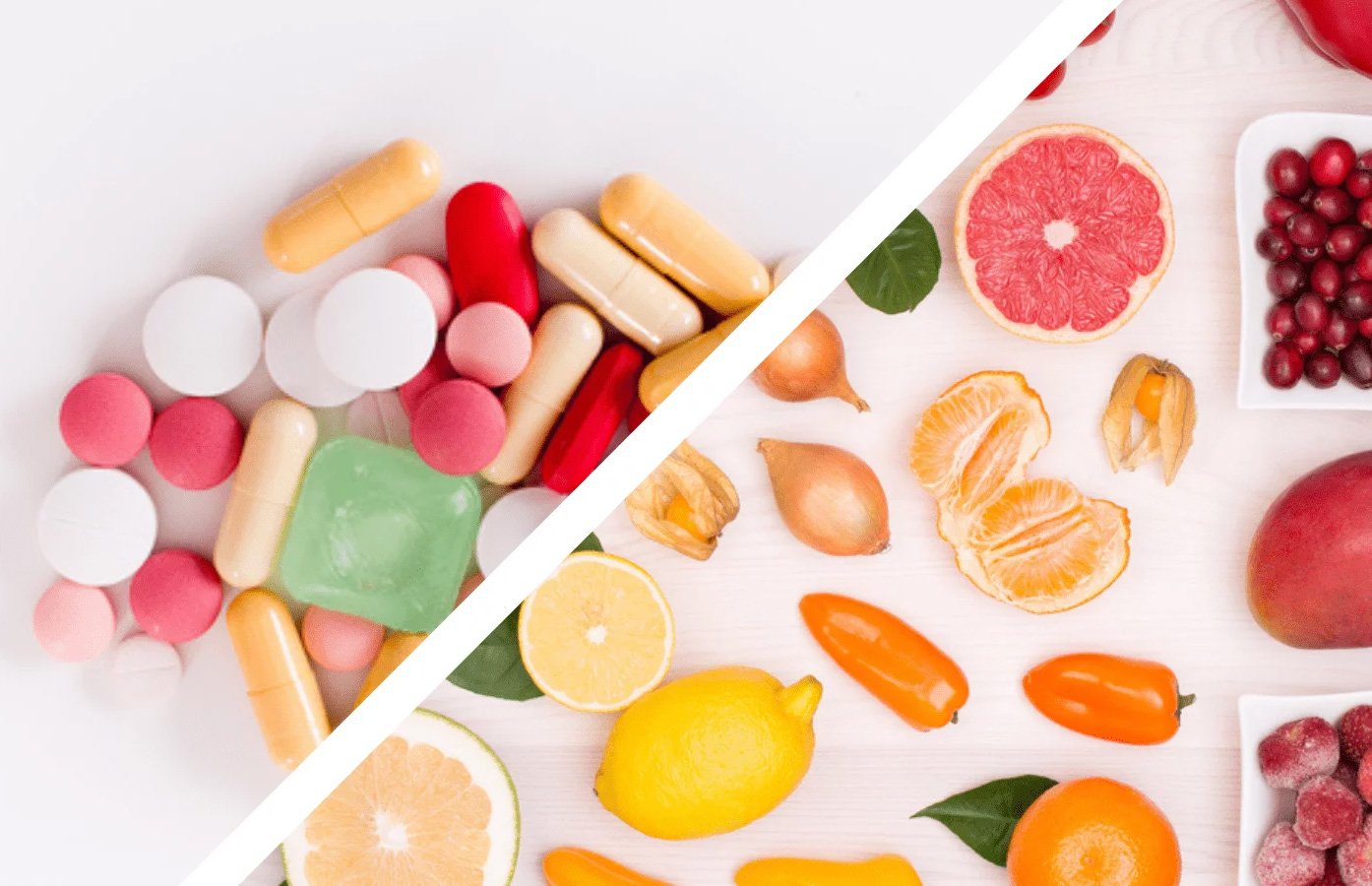Introduction to Food-Drug Interactions
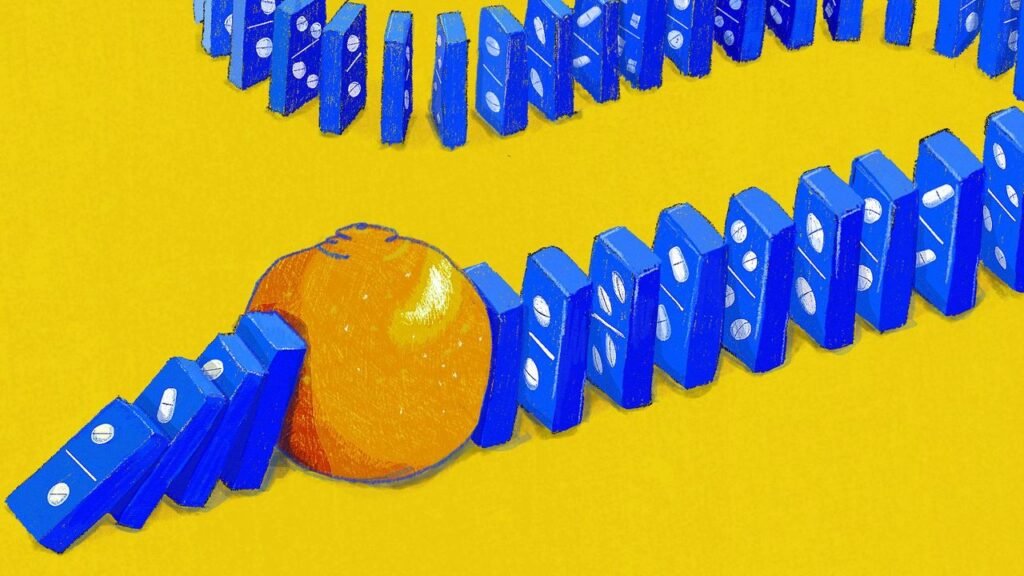
Most of us think of food and medicine as separate parts of our daily lives. But in reality, the meals we eat can sometimes interfere with the way medications work. These food-drug interactions can either increase a drug’s potency, reduce its effectiveness, or even cause dangerous side effects. While doctors are still uncovering new cases, researchers are now exploring how these effects could be used to improve treatments.
A Painful Case of Food-Drug Interactions: When Pomegranate Met Viagra
One unusual case involved a man who took sildenafil (Viagra) for erectile dysfunction. Despite sticking to safe doses, he developed a prolonged and painful reaction. Doctors soon discovered the cause: a large glass of pomegranate juice, which had amplified the drug’s strength. This incident highlights how something as simple as fruit juice can dramatically alter a medication’s effect.
Grapefruit and Food-Drug Interactions: The Most Famous Culprit
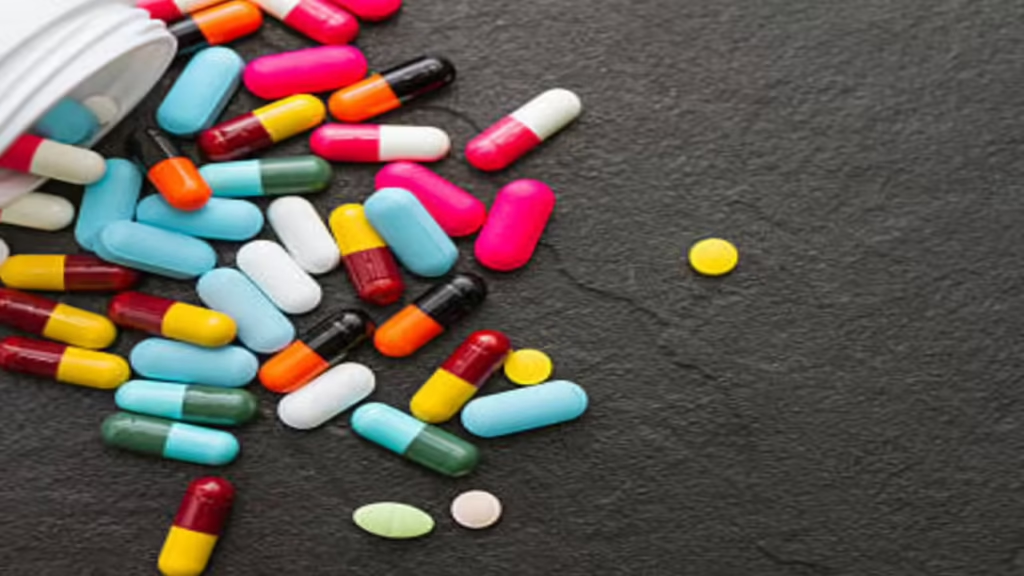
Grapefruit is perhaps the best-known food to interfere with medicines. It blocks an important enzyme, cytochrome P450 3A4, which helps break down drugs in the body. As a result, normal doses of medications like statins, blood pressure pills, and even some antivirals can become dangerously strong or toxic.
Cranberries and Warfarin: Food-Drug Interactions in the Blood-Thinning Debate
For years, doctors suspected that cranberries might interfere with warfarin, a common blood thinner. Some patients reported unusual bleeding after drinking cranberry juice or eating cranberry products. While recent studies suggest the risk is low in normal consumption, experts still recommend caution, as different forms (juice, extract, or sauce) may behave differently.
Herbal and Natural Remedies: Not Always Harmless
It’s not only fruits that interact with medications. Herbs and supplements can be just as risky:
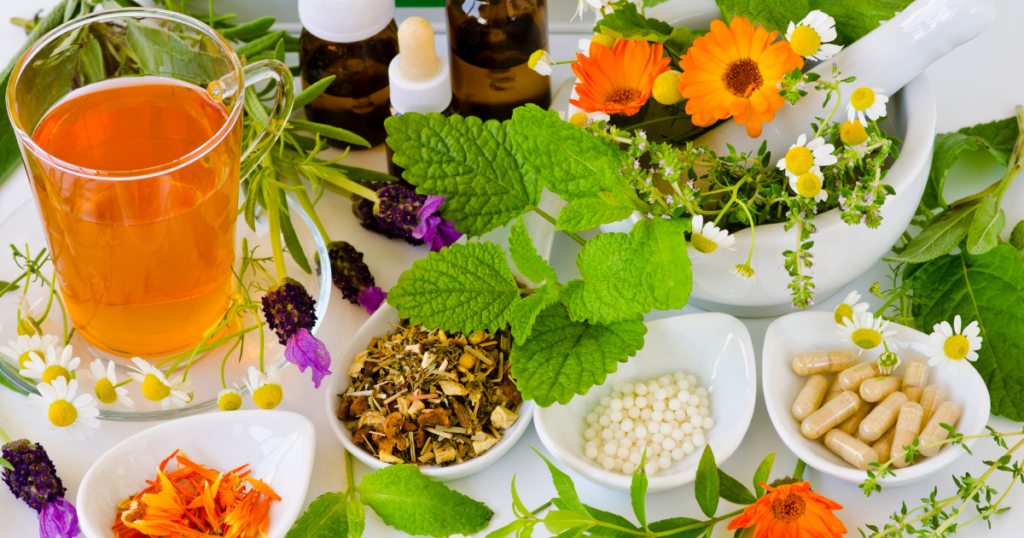
- Liquorice can affect heart medications and antidepressants.
- Turmeric may boost blood thinners and diabetes drugs.
- St John’s Wort can interfere with antidepressants, contraceptives, and chemotherapy.
- Artichoke infusions have been linked to toxic reactions in patients with multiple prescriptions.
These examples show why “natural” doesn’t always mean safe.
When Foods Weaken Medicines
Sometimes food doesn’t make drugs stronger but weaker. Dairy products, for example, can reduce the absorption of antibiotics like ciprofloxacin, while fibre-heavy meals can block medicines from entering the bloodstream. Patients are often advised to avoid milk, cheese, or cereal within a few hours of taking certain prescriptions.
Harnessing Interactions for Better Treatments
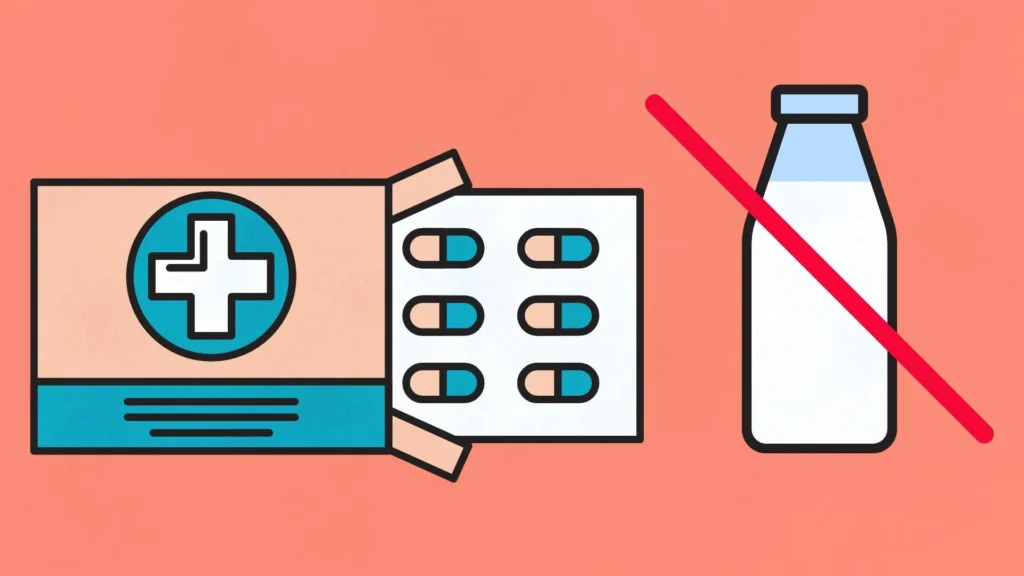
Not all interactions are harmful. Researchers are exploring how specific diets can actually improve medical outcomes. For instance, low-carb or ketogenic diets may help some cancer drugs work more effectively by limiting the sugar available to tumors. Scientists are even developing databases to track food-drug interactions, hoping to tailor diets alongside prescriptions in the future.
Conclusion
Food and medicine interact in surprising ways—sometimes beneficial, sometimes dangerous. From pomegranates boosting Viagra to grapefruit making blood pressure drugs toxic, these interactions show just how complex the human body can be. For now, the best advice is to stay consistent with your diet and talk to your doctor about any concerns.
